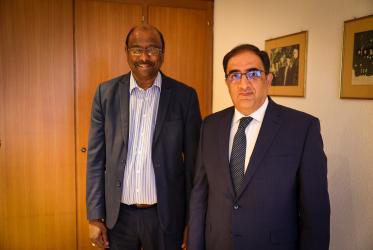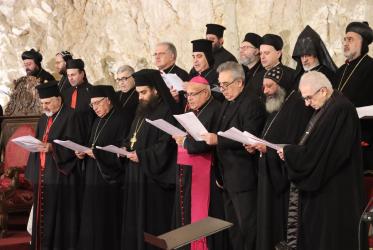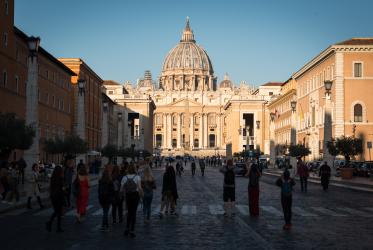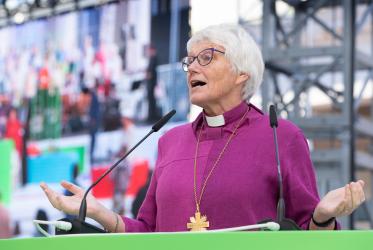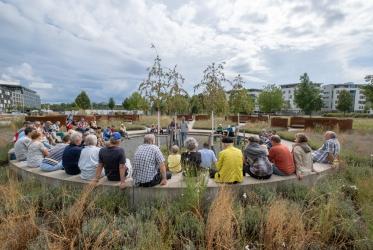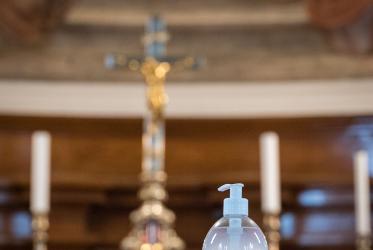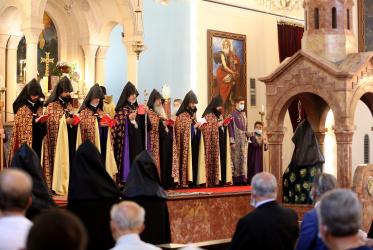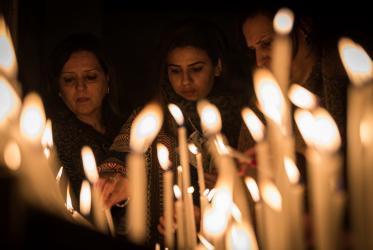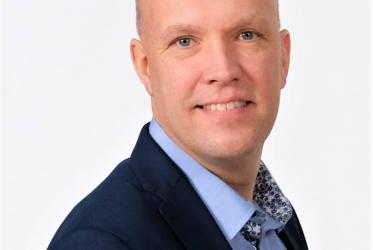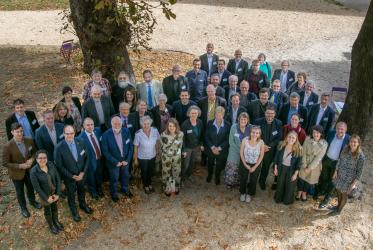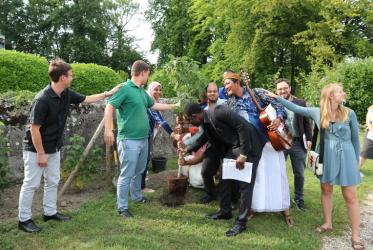Displaying 1 - 20 of 78
WCC acting general secretary visits Moscow
17 October 2022
Workshop explores how interreligious dialogue brings trust and respect
15 September 2022
Christian unity strengthens between Sweden, Malta
23 January 2020
Regional Webinar on Racism, Xenophobia and Discrimination in The Middle-East
25 November 2019
Online
Solidarity in aiding migrants informs upcoming week of prayer for unity
12 September 2019
Dr Saïd Ailabouni: God is on the side of rejected, oppressed, occupied
12 September 2019
Bossey students explore the meaning of “belonging”
22 July 2019
